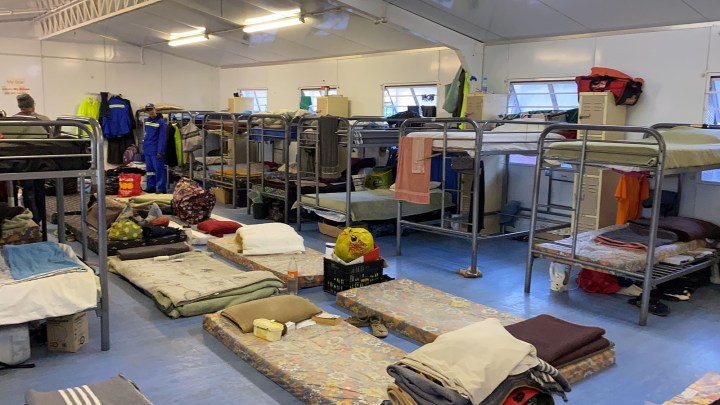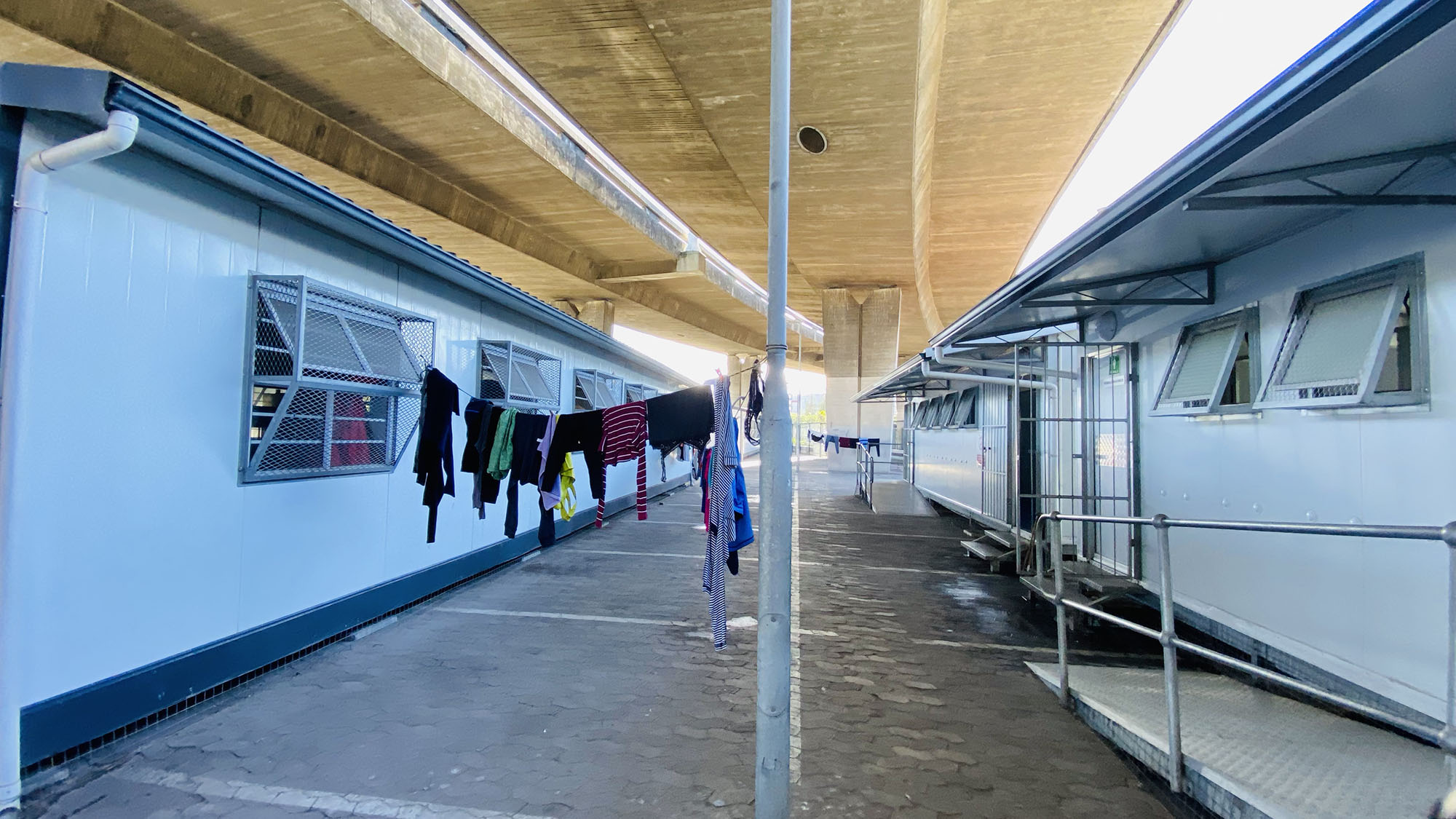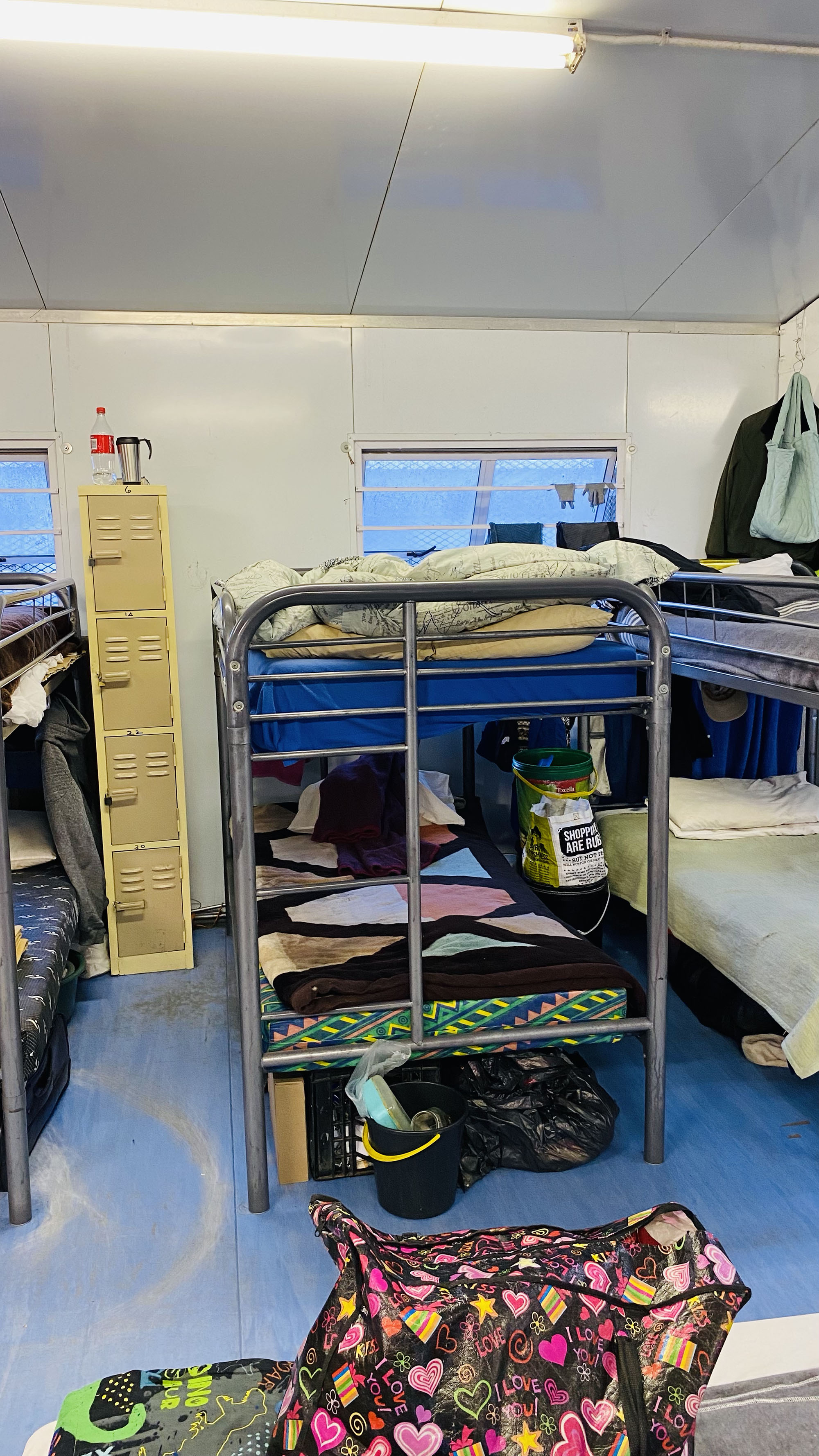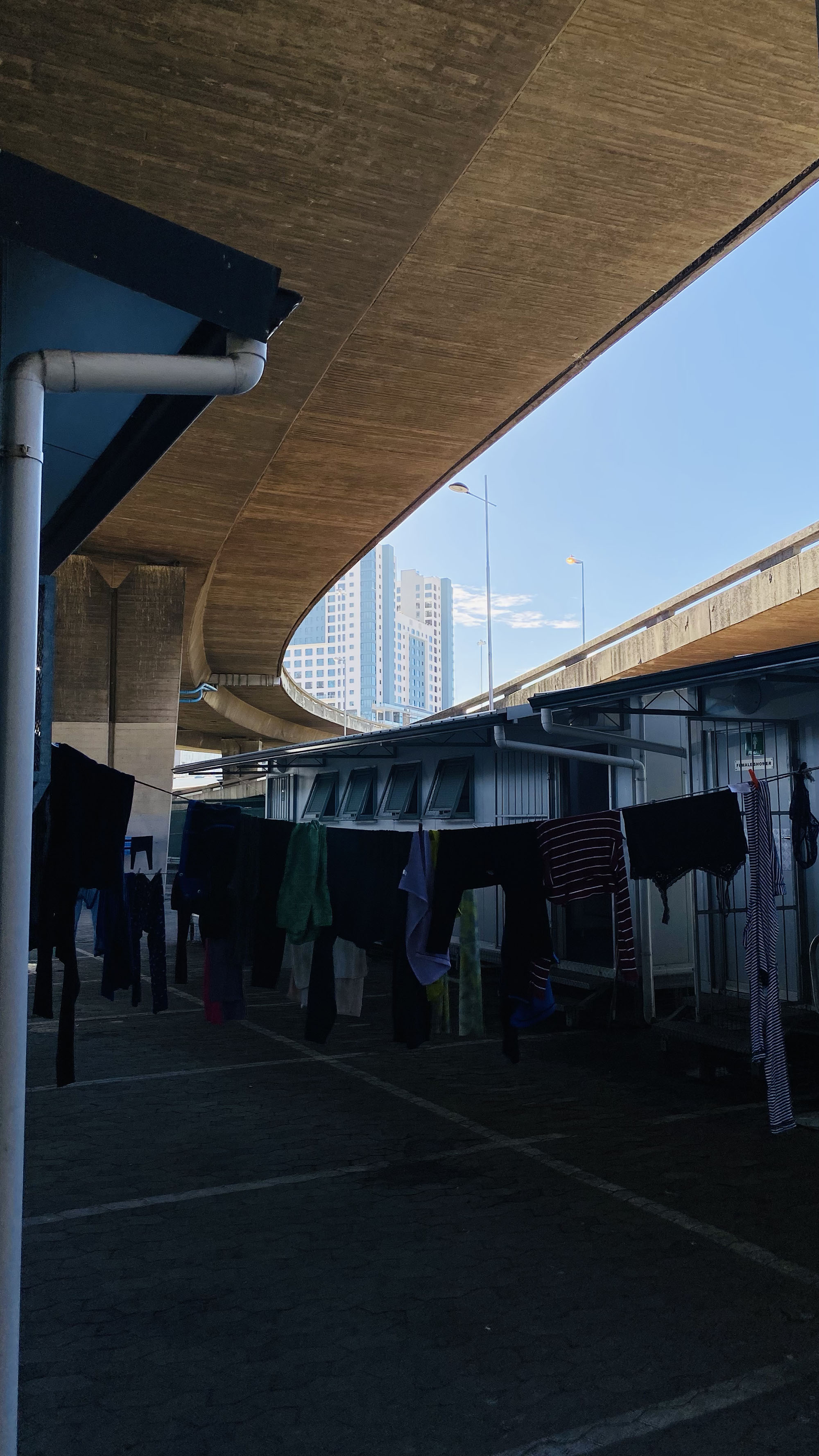ROOMS WITH NO VIEW OP-ED
The meaning of a home — is it just where you lay your head?

In a legal first, the Cape Town Magistrates’ Court has ordered that evictees be housed in transient shelter space as alternative accommodation after their eviction resulted in homelessness. This is a highly significant shift.
Having a secure home is probably the most universal human need. It is the foundation which builds identity and belonging, community relationships and employment. Its foundational nature is the reason why it is included as a human right in section 26 of the Constitution, which guarantees everyone the right to an adequate home.
Judge Albie Sachs, writing in the seminal Constitutional Court judgment of Port Elizabeth Municipality vs Various Occupiers (2004) described a home as “more than just a shelter from the elements. It is a zone of personal intimacy and family security. Often it will be the only relatively secure space of privacy and tranquillity in what (for poor people in particular) is a turbulent and hostile world.”
Judge Mbuyiseli Madlanga, in the Constitutional Court matter of Residents, Industry House & Others v Minister of Police & Others (2021) described a home as “more than brick and mortar, [but] it is often a place of comfort, safety, and the keystone of a functional society”.
Recently, Magistrate Reaz Khan of Cape Town Magistrates’ Court granted the eviction of the Willow Arts Collective and ordered the City of Cape Town to provide temporary emergency accommodation at its Safe Space shelter in Culemborg for 18 months.

Prefab blocks under the bridge at Culemborg Safe Space. (Photo: Supplied)
At the Safe Space, men and women sleep separately in dormitory-style prefabricated rooms. Unless you are sick or old, you must leave the shelter every day at 8am and return at 6pm, including weekends (regardless if you are working). Each person gets a small locker to keep their daily belongings. Apart from the shared bunk bed, this is the only personal space available.
Whether it is a sheet of plastic, tent, shack or a brick-and-mortar structure, a home is a place of safety and belonging. Despite your socioeconomic standing, a home means more or less the same to all people. It provides a zone of privacy where you feel most secure being yourself. Where a person can drop all societal pretences and just be themselves — where one can find solace from constantly being on alert against a hostile, cold and volatile world.
Having a shared understanding of a home does not however mean that this right is a reality for all people. People often lose their homes to fires, floods or similar disasters. People leave homes due to family conflict, trauma, economic need, hunger and desperation. People are also evicted from their homes when they cannot pay their rent.
Because our Constitution values the core human need for a home, it imposes an obligation on the state to intervene in this emergency and provide temporary accommodation.
It cannot be overemphasised how important this obligation is. When a crisis happens, emergency housing acts like a safety net and is absolutely crucial to helping people weather a crisis and find a sustainable path away from homelessness.

Bunkbed with personal space under the bed and on the side at Culemborg Safe Space. (Photo: Supplied)
The opposite, however, can also be true. An emergency can compound and intensify if it is unmitigated or the state’s duties are badly performed. Unfortunately, this has happened in Cape Town, where emergency accommodation is provided in far-flung areas, like Wolwerivier, Blikkiesdorp, Kampies, and Mfuleni, where evictees are dislocated from the very economic and social amenities that they need to bounce back from their crisis.
Over the years, this has added more people into poverty, homelessness and desperation, rather than progressively realising the right to housing.
In recognising the injustice of these far-flung emergency camps, Magistrate Khan has ordered shelter at the Culemborg Safe Space in the inner city. It is, to our knowledge, the first time this type of transient shelter space has been ordered as alternative accommodation in evictions resulting in homelessness. This in itself is a highly significant shift in the provision of alternative accommodation.
Trying to reconcile this win with the management systems of safe spaces is bittersweet. Many of the privileges of being well-located are trumped by the potential harmful conditions management rules create.
For instance, there is no privacy in safe spaces shelters. There is also limited space to keep and store personal belongings. For instance, those families that are involved in food gardening, crafts, trading or recycling have to give up their self-reliance to move here. This is ironically irrational and does not create a safe space. Counter to the intention it creates social strife. Furthermore, there are limited social development programmes available to assist people of the street in the long term.

Washing on the line at Culemborg Safe Space, with the newly built Habour Arch development a short distance away behind the freeway. (Photo: Supplied)
The safe spaces accommodation shouldn’t be a trade-off between location and other fundamental human rights.
We fear that by sending evictees to transient homeless shelters, in the absence of this being a home-like environment, we are adding to a vicious cycle where families will end up back on the street.
The City of Cape Town needs to think differently about how it intervenes in the housing and related eviction crisis. While the core objective may be to provide a temporary measure against homelessness, in reality, people need the stability and safety of a private home as a platform to overcome difficult circumstances.
Is it not time that we review the rules at the City’s Safe Spaces so that we may create something that feels like “home”? DM
Dr Jonty Cogger is Attorney at Ndifuna Ukwazi, and is the attorney for 29 occupiers residing at the Willow Arts Collective, Observatory.





















 Become an Insider
Become an Insider
Comments - Please login in order to comment.